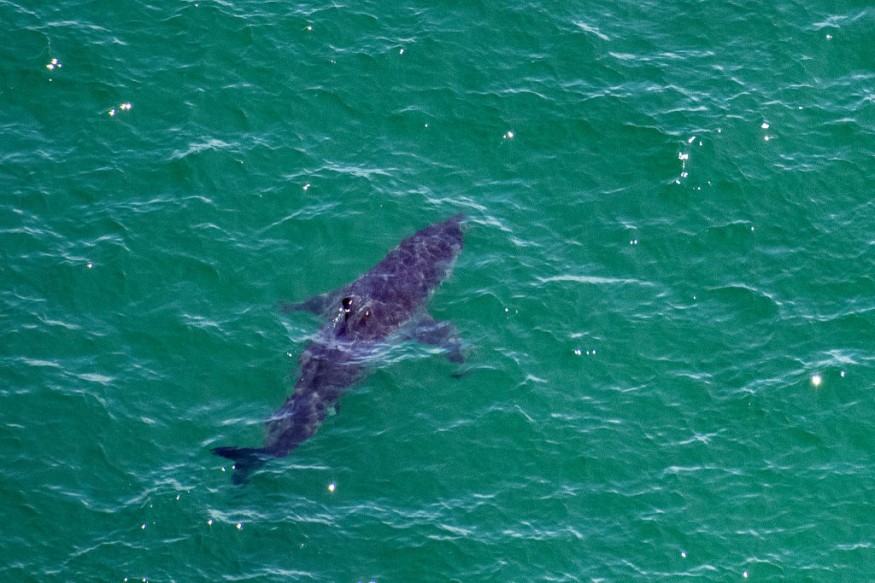A great white shark decided to make a diver its buffet in the waters off Mexico earlier in January, according to recent reports, which said the incident occurred in front of a fisherman who was also present at that time. The marine predator decapitated the male diver who was searching for mollusks. Based on records, the incident is considered to be the the first fatal shark attack of 2023.
Mexico's waters, particularly in the Gulf of California or the eastern Pacific Ocean that surrounds the waters of Baja California, are reportedly filled with great white sharks. In previous years, multiple shark attacks have been reported off the Pacific coast of Mexico. One of these shark encounters in the Central American country includes the legendary Black Demon Shark or El Demonio Negro in Spanish.
First Fatal Shark Attack

Manuel Lopez was engaging in a scuba diving activity on January 5 primarily for mollusks in Tobari Bay, Gulf of California, when a 19-foot great white shark suddenly came out of nowhere and ambushed the diver, according to the website Tracking Sharks.
Lopez was collecting ax tripe, a mollusk-like scallop. The mollusks can be found at an approximate depth between 36 to 59 feet (11 to 18 meters) locally. However, the action of pulling these marine invertebrate animals can generate underwater turbulence and sound that could attract sharks, the shark-monitoring site explains.
Eyewitness Accounts
Two other fishermen, who were with the scuba diver at the time, stated Lopez was decapitated. The victim was already diving when a lone shark ripped off his head and bit both his shoulders. This is according to a local named Jose Bernal, who was speaking for the fisherman and provided detail of the shark attack, as cited by Fox News.
In addition, Bernal remarked that divers in the shark-infested waters were previously warned about "an increased shark presence" in the area. This led to most divers avoiding the water in the days prior to the January 5 shark attack.
Lopez was reported wearing complete diving gear, including a surface supplied air source connected to the boat via compressor pumps with tethered ropes.
Seafood Shortage
Amid seafood shortage due to Mexico's economic hardship, some divers choose to risk it all since there is an increased demand for these marine supplies, Tracking Sharks reported. Also known as the Gulf of California, the Sea of Cortez is home to great white sharks, especially during the months of December and January when pregnant female sharks enter the region in order to feed.
As preventative measures, some local biologists have advised the divers not to wear black wetsuits, which is a common color for divers, as sharks might mistake humans for seals. In addition, the experts recommend divers wear suits painted with white stripes to look like a poisonous coral snake, according to the tracking site, as cited by, as cited by the Business Insider.
© 2025 NatureWorldNews.com All rights reserved. Do not reproduce without permission.





